World Class University: Quality Parameter Higher Education in the Era Revolusi Industri 4.0 and Society 5.0
Abstract
Abstract: The purpose of this research to describe World Class University (WCU) as a parameter of the quality of higher education that is able to be integrated in the management system in universities. This research uses mixing methods design with Concurrent Embedded Qualitative domination techniques. Aspects of the syntax sequence are carried out simultaneously. Data analysis is done through two stages, the first is individual case data analysis and the second is cross-case data analysis. The validity is checked with credibility, reliability, dependability, and confirmability. Results, WCU based on criteria AREI: (1) Academic, (2) Research, (3) Employability, and (4) International. WCU has an effective strategy in synergizing the era of digitally system contribution in building a quality culture and responding to global developments. In this study, quality emphasis on zero-defect must be realized and supported by commitment, competence, synergist, collaboration, actualization, and strategy as the key in universities' work towards WCU.
Keywords: World Class University, Quality Parameters, Higher Education, Industrial Revolution Era 4.0, Society 5.0
Full Text:
PDFReferences
Bahrin, Mohd Aiman Kamarul et al. (2016). “Industry 4.0: A Review On IndustrialAutomation And Robotic”, Jurnal Teknologi (Sciences & Engineering)UTM 78 (6-13), 137–143. https://doi.org/10.11113/jt.v78.9285
Cedillo, A. J., Fernandez, A. M., Gomez, S. R., & Sanchez, A. T. (2019). Actions to be taken in Mexico towards education 4.0 and society 5.0. International Journal of Evaluation and Research in Education (IJERE), 8(4), 693. https://doi.org/10.11591/ijere.v8i4.20278
Fukuyama, M. (2018). Society 5.0: Aiming for a new human-centered society. Japan Spotlight, 27, 47–50.
Hickman, L. (2017). Stakeholders Theory: Implications for Total Quality Management in Higher Education. Department of Technology Leadership & Innovation, Purdue University.
Hunger, J. D., & Wheelen, T. L. (2011). Concepts in strategic management and business policy. Pearson Education India.
Kivunja, C. (2015). Innovative Pedagogies in Higher Education to Become Effective Teacher of 21st Century skill:Unpacking the Learning and Innovations Skills Domain of The New Learning Paradigm. International Journal of Higher Education, 3(4), 37–38
Kotler, N. G., Kotler, P., & Kotler, W. I. (2018). Museum marketing and strategy: designing missions, building audiences, generating revenue and resources. John Wiley & Sons.
Kuteeva, M., & Airey, J. (2014). Disciplinary Differences in the use of English in Higher Education. Reflection on Recent Language Policy Developments, Higher Education, 67(5), 533–549.
Lestari, A. S. (2013). Analisa penilaian Kinerja Lembaga Pendidikan Tinggi Dengan Metode Balanced Scorecard: Penerapannya dalam Sistem Manajemen Strategis (studi kasus Pada Universitas Brawijaya Malang). 2nd International Seminar on Quality and Affordable Education (ISQAE 2013).
Löfving, M. and others. (2016). Introducing the Hoshin Kanri approach in small and medium sized companies. Accepted for Publication in Management Decision, P3§.
Mishra, B., & Kushwaha, G. S. (2016). A review of Quality Factors of Higher Education. IOSR Journal of Research & Method in Education. website: http://www.iosrjournals.org
Mukhadis, A. (2018). Pendekatan Kuantilatif dalam Penelitian Pendidikan: Dialektika Prosedur Penelitian Mixed Methods. Malang: MNC Publishing.
Nakanishi, H., & Kitano, H. (2018). Society 5.0 Co-Creating The Future. Policy Proposals Industrial Technology. Keidanren (Japan Business Federation).
Pereira, A. G., Lima, T. M., & Charrua-santos, F. (2020). Industry 4.0 and Society 5.0: Opportunities and Threats. International Journal of Recent Technology and Engineering, 8(5), 3305–3308. https://doi.org/https://doi.org/10.35940/ijrte.d8764.01852
Peraturan Menteri Pendidikan dan Kebudayaan Nomor 3. (2020) tentang Standar Nasional Pendidikan Tinggi, (2020). Retrieved April 15, 2021, from https://jdih.kemdikbud.go.id/
Quacruarelly Symond World Class University. (2020). World University Rankings. https://www.topuniversities.com/university-rankings/world-university-rankings/2020
Raza, S. A., & Irfan, M. (2018). Student Evaluation of Teacher Attributes: Implications for quality in Higher education. Buletin of Educational and Research, 40(1), 197–214.
Rojko, A. (2017). Industry 4.0 Concept: Background and Overview. International Journal of Interactive Mobile Technologies (IJIM), 11(5), 77. https://doi.org/10.3991/ijim.v11i5.7072
Salimova, T., Guskova, N., Krakovskaya, I., & Sirota, E. (2019). From industry 4.0 to Society 5.0: challenges for sustainable competitiveness of Russian industry. IOP Conference Series: Materials Science and Engineering, 497, 012090. https://doi.org/10.1088/1757-899X/497/1/012090
Salmi, J. (2017). The Road To Academic Excellence: Pendirian Universitas Riset Kelas Dunia. Jakarta: Salemba Humanika.
Sayidah, D. (2019). Quality and University Governance in Indonesia. International. International Journal of Higher Education. http://ijhe.sciedupress.com
Sheil, T. (2015). Moving Beyond University Rangkings: Developing a World Class University System in Australia.
Stuart, K. L. (2018). Quality Approach: Global Phenomenon or Cultural Guise. International Education Journal: Comparative Perspective, 17(3), 15–29.
Suwandiyanto, M. (2010). Manajemen Strategi dan Kebijakan Perusahaan. Jakarta: Alfabeta https://openjournals.library.sydney.edu.au/index.php/IEJ
The Times Higher Education Supplement. (2016). World Class University. https://education.suplement/read/2016/06/15/65/1415729/ini-syarat-jadi-kampus-kelas-dunia
Turner, D. A. (2016). World class universities and international rankings. Ethics in Science and Environmental Politics, 13(2), 167–176. https://doi.org/10.3354/esep00132
Undang-Undang Nomor 12. (2012). Pendidikan Tinggi. Retrieved April 15, 2021, from https://llidikti8.ristekdikti.go.id
Yeravdekar, V. R., & Tiwari, G. (2015). No Global Ranking of Higher Education Institutions and India’a Effective Non Presence: Why have World Class Universities Eluded the Indian Higher Education System? And, How Worthwhile is the Indian Government’s Captivation to Launch World Class Universiti. Procedia-Social and Behavioral Sciences, 157, 63–83. https://doi.org/10.1016/j.sbspro.2014.11.010
Zambon, I., Cecchini, M., Egidi, G., Saporito, M. G., & Colantoni, A. (2019). Revolution 4.0: Industry vs. Agriculture in a Future Development for SMEs. Processes, 7(1), 36. https://doi.org/10.3390/pr7010036
Refbacks
- There are currently no refbacks.
Copyright (c) 2023 Rochmawati Rochmawati

This work is licensed under a Creative Commons Attribution-ShareAlike 4.0 International License.


This work is licensed under a Creative Commons Attribution-NonCommercial-ShareAlike 4.0 International License.

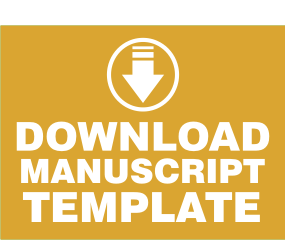
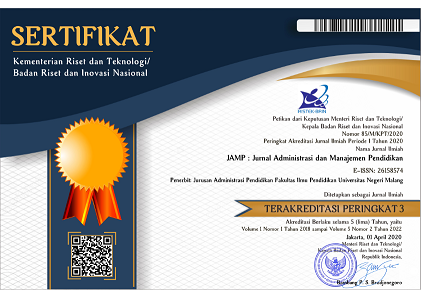



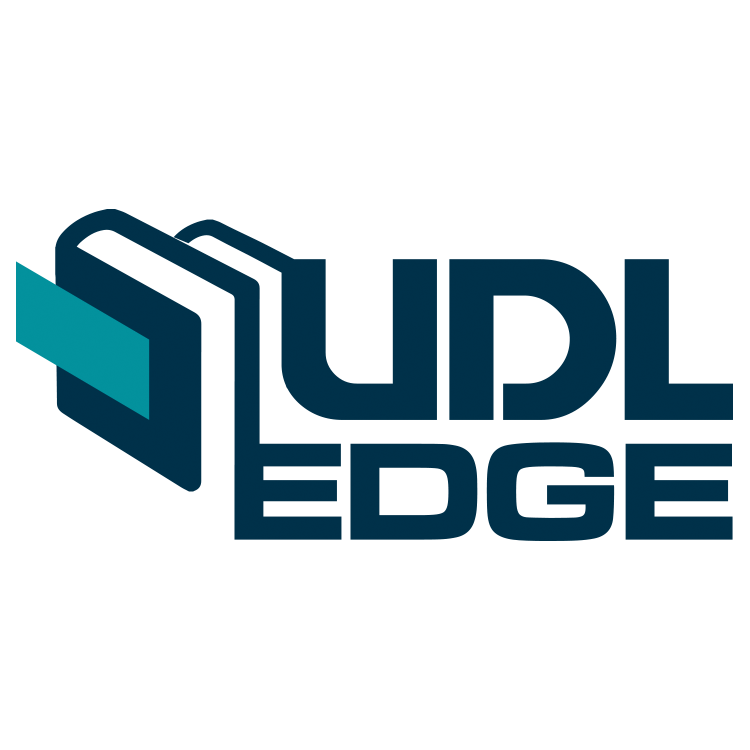
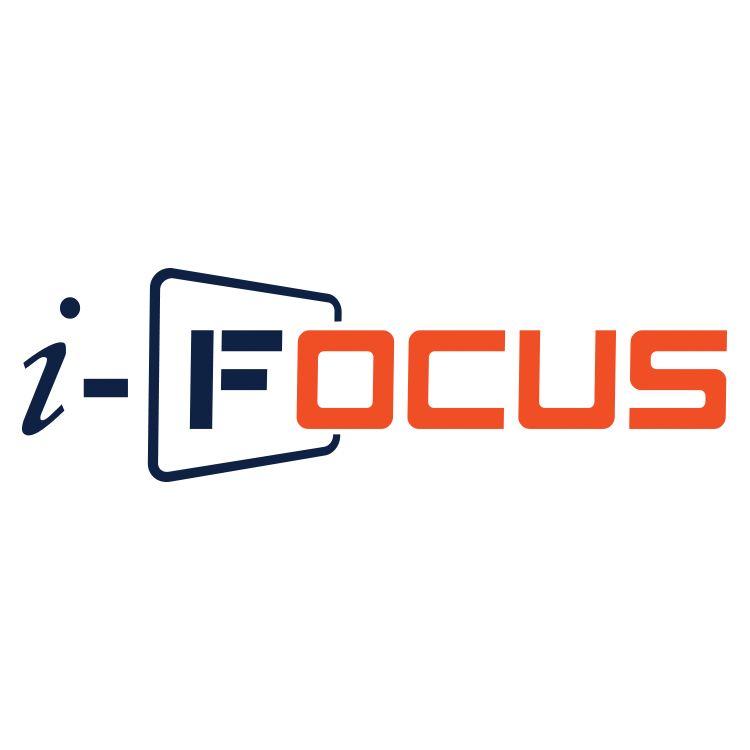
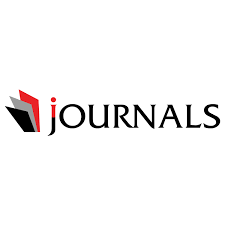
12.png)